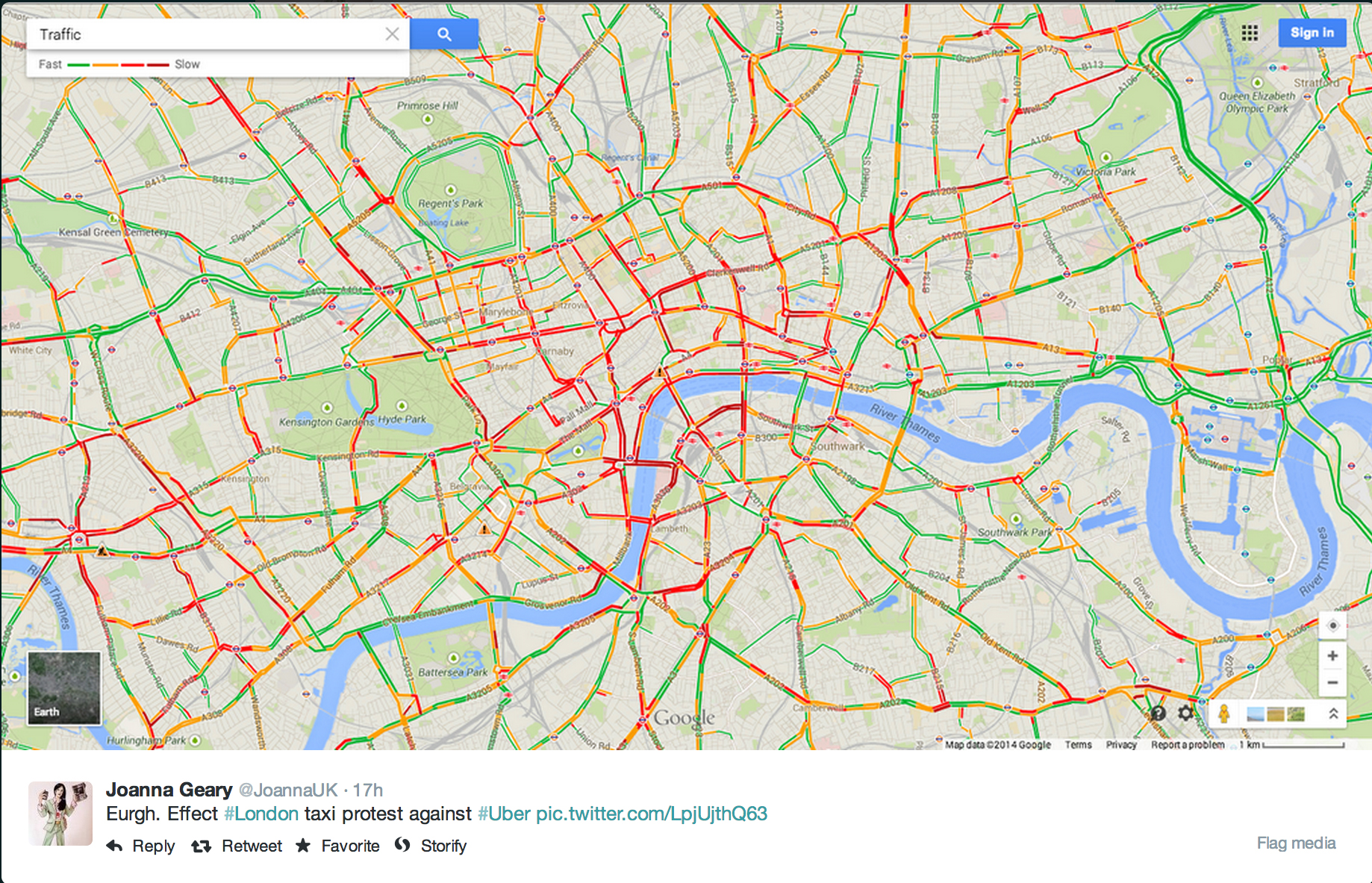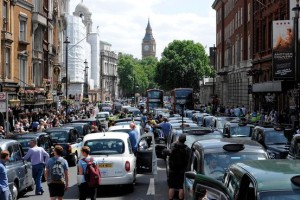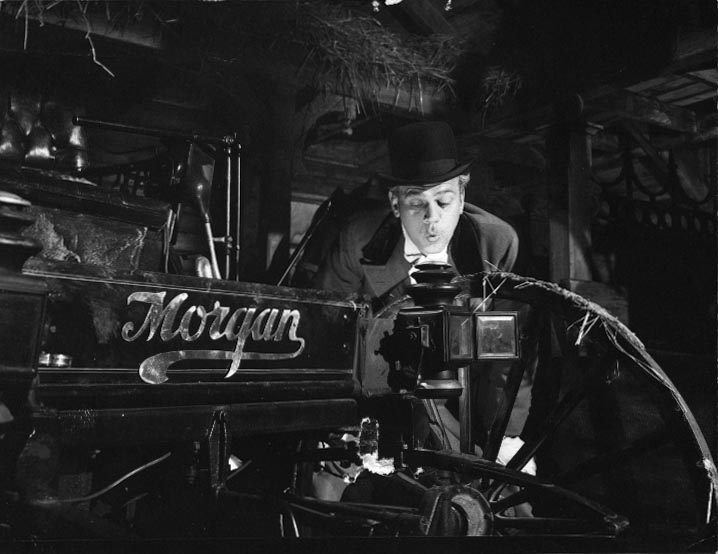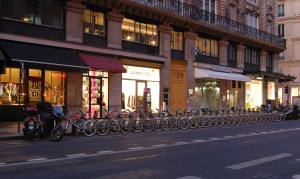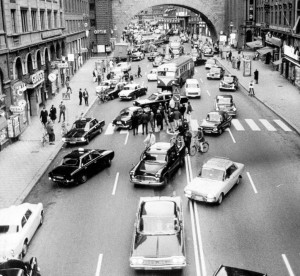
Which direction will the auto industry take?
If you follow auto sales, you know two things about how they’ve been doing recently. They boomed the past couple of years, but they’ve started to trail off this year.
That’s no surprise. The auto industry is a cyclical business. But, there’s a growing awareness that the automotive landscape is changing, and even people who produce cars for a living may not realize what is heading their way.
That’s a conclusion from a new report by AlixPartners, the strategic planning and consulting firm used by major companies worldwide. Some of AlixPartners’ experts were involved in advising the Obama Administration about the bailout of the auto industry, back in 2009, so it’s a prestigious name.
“There’s an all-new automotive ecosystem developing, and I fear that many players really aren’t prepared for it,” says John Hoffecker, global vice chairman at AlixPartners. “The changes coming are the biggest since the internal-combustion engine pushed aside horses and buggies.”
But, Hoffecker also says the changes are as unpredictable as “trying to guess which app is going to be most popular on next year’s smartphones.”
I spent some time reading the report this past week, and these things jumped out at me.
New ideas and competition
Five years ago, Tesla was a curiosity, a billionaire’s pet project promising to produce ultra-luxury electric cars. Now, Tesla is one of the most valuable brands in the automobile industry and it just built the first Model 3, the moderately priced electric car it wants to sell to the masses.
Tesla’s rise shows just how fast things are moving in the industry and the influence that an outsider can have. To give it some perspective, five years is the length of a car company’s production cycle, the number of years that a model is generally on the market before a major change.
AlixPartners says there are now 50 companies competing to produce autonomous vehicle systems. It’s a “wild west” atmosphere that the industry hasn’t seen in more than a century, when there were dozens of car companies in the U.S. and around the world. Continue reading


